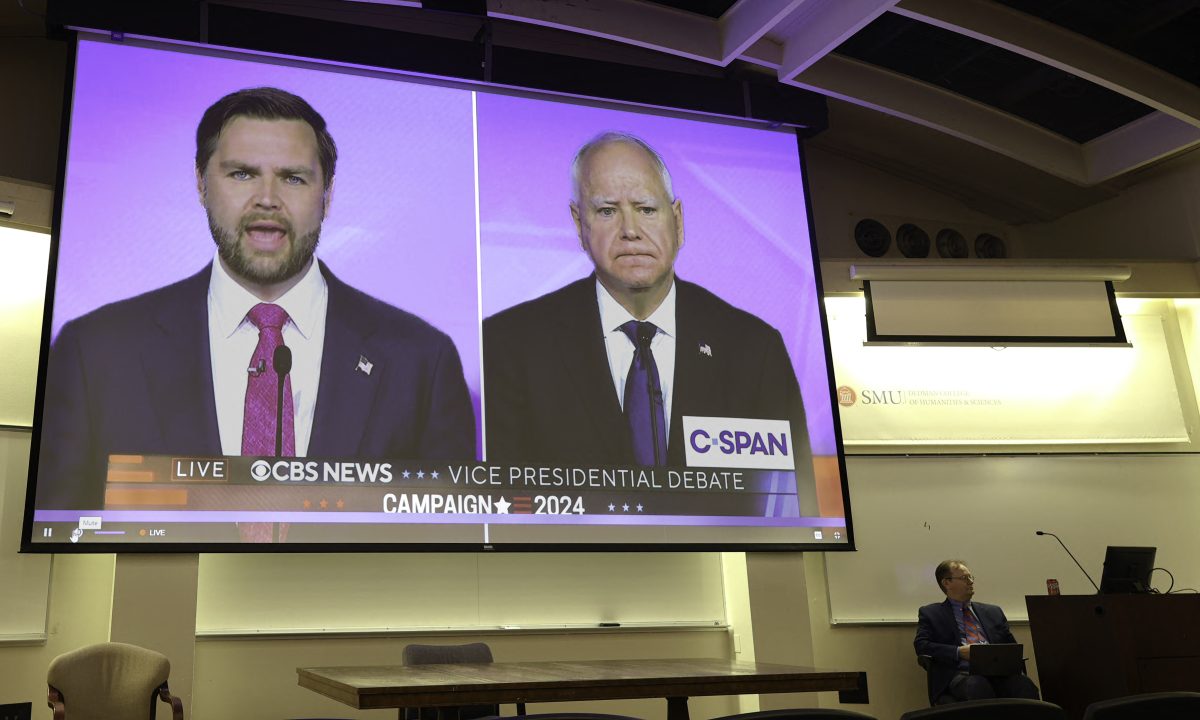
What do we have to hide?
On Tuesday, your Student Senate decided that the idea of having meetings of all Senate committees and teams that were open to the students was in a word, counterproductive. Meetings that are “essentially” open and “probably” open are construed as good enough. After all, how do we define an open meeting after all? In reference for you, the Open Meetings Act would have mandated that all meetings be open except for when a special closed session is necessary to deal with specific situations necessary to protect the rights of individuals.
It would have mandated that all votes be conducted in an open forum where the students could see how their elected representatives voted. Not just a specific portion of the meeting, but the entire meeting. You would be allowed to sit in from start to finish — to hear debate and presentations as well as witnessing votes.
It would have required notice of meetings and publication of meeting minutes. How counterproductive can this be? I think perhaps the students of SMU should ask what their elected officials have to hide when the idea of openness becomes counterproductive to the democratic process.
Our meetings are neither “essentially” open nor “probably” open, as stated by your student body officers during the Senate meeting, when your own elected representatives can’t stay for an entire meeting. Case in point, several graduate senators proposed legislation creating a new funding system for graduate schools.
This was taken to the SMU Student Senate Executive Committee, consisting of the student body officers, so that they could answer questions regarding this important piece of legislation. However, when the actual debate occurred on the legislation within this committee, the authors were not present and not invited to be present, nor were they consulted when additional questions came up. Is this an “essentially” open meeting? Does this process benefit or hurt the ability to make informed decisions at the Senate? How about the R&R committee, which is meeting to revamp the look and feel of the Student Senate, and yet only appointed individuals can attend these meetings and non-members may come and address a portion of the meeting but are excluded when any actual debate or discussion occurs. Yes, this exclusion extends to your elected representatives on the Student Senate. Is this meeting “probably” open?
Some of the concern about this bill was expressed in these statements. How would we handle it if I had to debate an issue in front of students or the authors of a bill? Perhaps I’d not be as forthcoming or able to say honestly what I feel about an issue for fear of disaffecting those persons? Well, I hate to say that, but isn’t that the job of someone elected to a government office? We were elected to represent the best interests of the students and that sometimes means making unpopular decisions. And yes, I know that it is student government, but it is government nonetheless. What do we have to fear? Are we worried that the students who vote for us will have a biased opinion, albeit an informed opinion, about how we’re actually doing in representing their views and interests? Or perhaps we’re concerned about our popularity if we speak out on issues with opinions that wouldn’t be greeted well with our friends.
Hiding behind concerns that we want open meetings, but this is much too specific and much too onerous a requirement for committees to meet, is indeed counterproductive.
Whatever the reason, we’ve taken a step backward in representing the students at SMU by saying we’re going to exclude you from the process that you’ve put us in place to run. But it’s OK; you can trust us. Your elected officials, be they student body officers or student senators, committee members and chairpersons should have no fear of involving students in the process of governance. If more students know when meetings are held, then perhaps more students will be involved in the process if they know they can come without having a door slammed in their face with the comments, that’s OK-you voted us in, we’ll handle it from here. Trust us-
David Mingus is a theology graduate student. He can be reached at [email protected].








